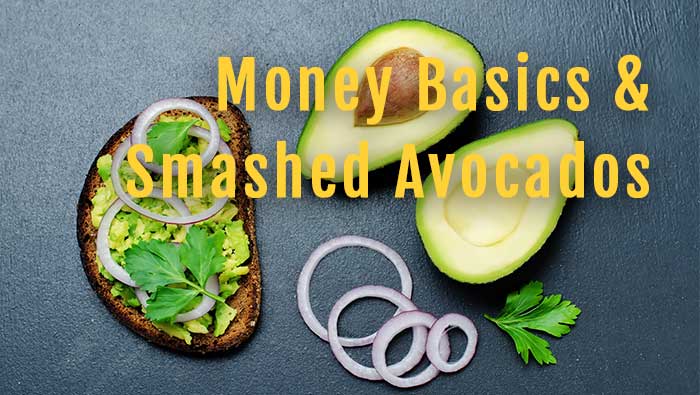
Money Basics and Smashed Avocados – the little things add up
When it comes to tracking where your money goes and looking for ways to save more, people usually look for the big wins – the large expenses that can be cut out that’ll save you thousands of dollars a year. For some people this could be expensive cable TV, eating out at restaurants, having an extra car that’s really not needed etc.
But the unfortunate reality for many people is that there are no big expenses to cut out.
But this doesn’t mean you’re not able to make significant reductions in your spending.
The little things add up.
I know you’ve all heard the examples of how if you stop buying a $4 coffee every day you’ll end up with enough for a house deposit in twenty-years time. Because it’s such a small amount and the benefits take so long to accrue, these examples are ridiculed.
Here in Australia, there was much debate a couple of years ago when a couple of commentators suggested that Millennials should stop buying smashed avocado on toast so they could afford a home. Mr Money Mustache wrote a column called A Millionaire is Made Ten Bucks at a Time where he talked about how we need to value $10 again. The issue is that by themselves, these things make a little impact, but not a massive immediate benefit. But when you combine them, they add up to make a big difference.
I used to help clients with their budgets and they’d look for the big items they could cut out. But in a lot of cases, there were no big items.
But if they cut down on eating out, buying that daily coffee, increasing the deductible on their insurance, shopping around for a better deal on utilities, planned meals in advance etc they could make a number of smaller cuts to their spending that, when combined, made a big difference.
No-one stops to think about how little amounts can add up – they’re overlooked in the quest to find the easy solution. People think “If I can just find one area that will save me $4,000 a year, I’ll be right”. But by overlooking the small amounts, we’re avoiding the tough conversations that need to be had.
If you can find five ways to save $5 a week, that’s a potential $25 a week you can save. That becomes $1,300 over the course of a year. Imagine having an extra $1,300 to use to reduce your debts.
Find five ways to save $10 a week and that’s $2,600 a year.
What about slightly bigger amounts? For our family of four, it costs us at least $80 if we go out for a meal in a restaurant. Say we were in the habit of eating out once a week (I wish!). At $80 a meal, that’d cost us $4,160 a year. If we decided to go out every second week, we’d save at least $2,080 a year. Imagine having that to pay off debts or invest.
One of the keys to doing this well is to track your spending. Those trips to Maccas with your kids may not seem like much at the time, but when you look at your spending and realise you’ve spent over $100 on fast food in a month, you realise that there’s room to cut down and it’s time to start saying no.
I’m not saying you shouldn’t spend money on little things.
What I am saying is that sometimes there’s no quick fix. You need to save more – you have a fixed level of expenses and the only thing you can change is how much you’re spending. That’s the reality for a lot of people.
But don’t feel like you need to cut these things out completely, you just cut down on them. That coffee you have every day – can you change to every other day?
We need to examine how we’re currently spending money and deciding whether that’s the best use for it.
We need to face up to the fact that saving money can be difficult – reducing spending for many people is hard.
There are no quick fixes when it comes to saving money and the only way you’ll be motivated to save any money today is if the future goal – the things you’re saving for – is more enticing.
Download your FREE report - 5 Money Mistakes You Don't Realise You're Making
These money mistakes are costing you money and you probably don't even know you're making them.

0 Comments